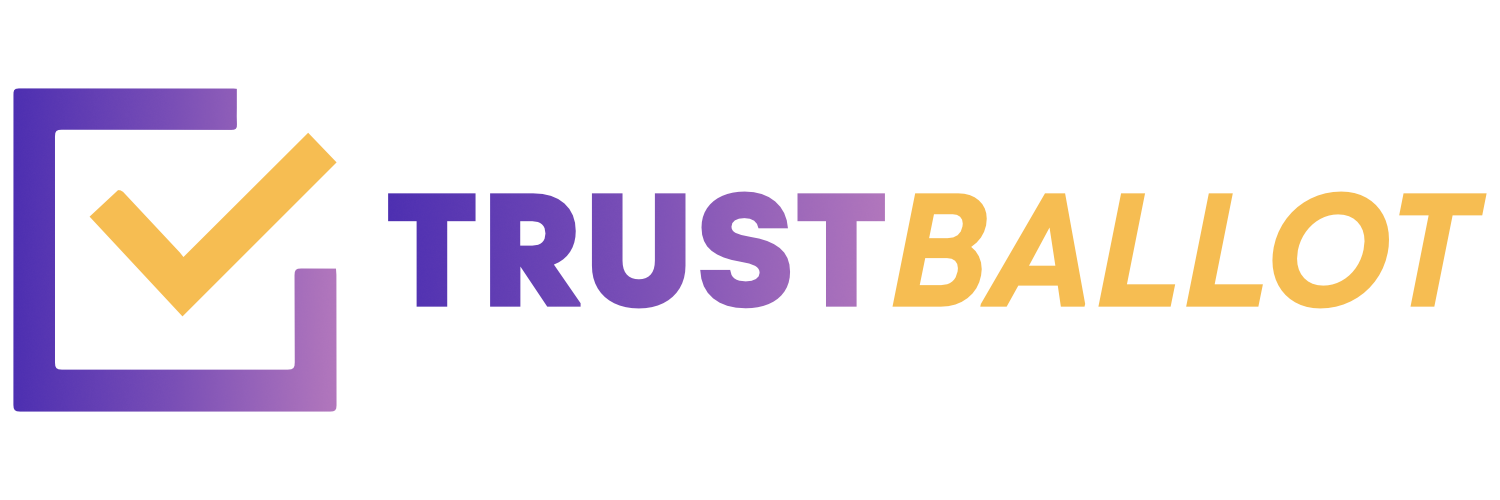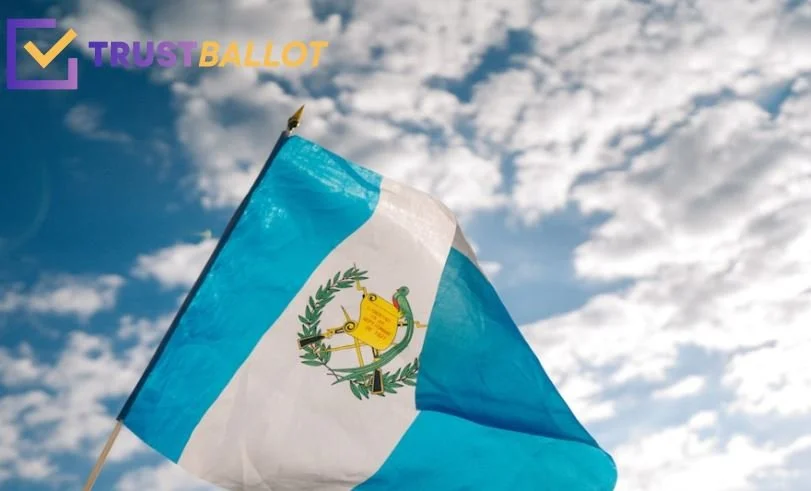Guatemala on the Front Lines in the Battle for Electoral Integrity
Bernardo Arévalo's unexpected victory in the presidential elections symbolise a rejection of institutionalised corruption, and the Guatemalan people's determination to protect and improve their democracy.
Las elecciones presidenciales de Guatemala 2023 was undeniably dramatic. The Guatemalan population had had enough of a political establishment that was sliding more and more into authoritarian practices by trying to ban Arévalo and other candidates from competing.
His triumph not only defied the odds but also served as a resounding rejection of the increasingly authoritarian political establishment that has characterised Guatemalan politics in recent years. Arévalo's election was also deeply symbolic, as his father was the country's first democratically elected president.
Arévalo's Unlikely Victory
Bernardo Arévalo's election as President of Guatemala was a surprise. This is an understatement to say the least. He was largely unknown, but had secured a mere 12% of the vote in the first round, enough to sneak into the second round of the Presidential election.
A complete outsider, Arévalo's journey to the presidency was made even more improbable by a corrupt political establishment. Guatemala's top prosecutor, Rafael Curruchiche, suspended Arévalo's party, Movimento Semilla, citing alleged irregularities in the number of signatures required for the party to be formed.
This move was just one within a broader authoritarian trend that had taken root in Guatemala under presidents Jimmy Morales and Alejandro Giammattei, marked by the crackdown on anti-corruption institutions, the imprisonment of journalists, and the blocking of presidential candidates.
The People's Stand for Electoral Integrity
What happened next in Guatemala was nothing short of remarkable. Instead of succumbing to the intimidation tactics that had silenced opposition in the past, Guatemalans across the nation rose up in protest.
Arévalo's political rival, former first lady Sandra Torres, even suspended her campaign in solidarity. The country's streets echoed with voices demanding transparency and justice. Arévalo's name, once obscure, became a symbol of resentment for the corrupt political establishment and more importantly, a household name.
It was a mobilisation of political figures and the Guatemalan public that is uncharacteristic of the typical story of authoritarianism, which often produces political apathy. Weeks later, Arévalo won the second round of the Guatemalan Presidential Election with over half of the votes cast.
A Lesson for Democracy Worldwide
The Guatemalan Presidential Elections of 2023 offer a profound lesson for democracies worldwide. It challenges the conventional narrative that corrupt political establishments will undermine the democratic process with impunity.
Guatemala's example demonstrates that when electoral corruption is exposed and rejected, it resonates with a vast majority of people. Awareness of electoral integrity violations can serve as a powerful catalyst for collective action and change.
This lesson reinforces the notion that building better democracies is not a distant academic ideal but a grassroots movement driven by the exchange of information and a shared commitment to democratic principles.
The activism and determination displayed by the Guatemalan people should serve as a lesson in the power of collective action and the sheer concept of democracy. It is a masterclass in how information breeds action, and how the circulation of information is invaluable to the democratic process.
This is the guiding principle for Trust Ballot. It is the belief that the empowerment of voters does not always happen overnight, but that with the right information being brought to light, corrupt election officials can be effectively challenged.

